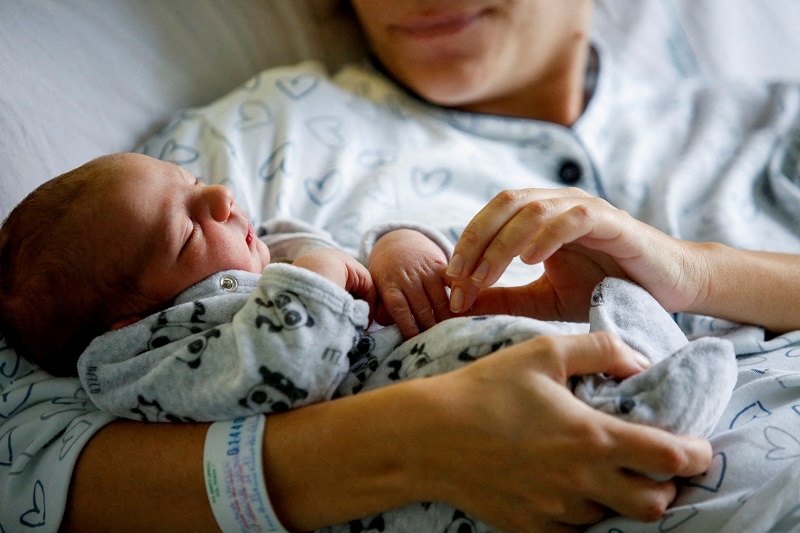According to The Guardian, schools in Italy are lacking students and are at risk of closing as the country has one of the lowest birth rates in the European Union (EU).
Empty cots in hospital maternity wards have become a haunting image of Italy’s plummeting birth rate. In 2022, the country’s birth rate hit a record low of 393,000. Now, empty classrooms are popping up across the country as the demographic crisis accelerates with age.
 |
| Italy has one of the lowest birth rates in the EU. Photo: Reuters |
According to data from the education news agency Tuttoscuola, in the past 10 years, early childhood schools in Italy have lost 456,408 enrolments, or nearly 30% of the total number of students. If the birth rate continues to decline at its current annual rate, the Italian government predicts that by 2034, the country will have fewer than 1.4 million students aged 3-18, and many schools will be forced to close.
“Schools in Italy are disappearing like glaciers,” said Giovanni Vinciguerra, director of Tuttoscuola. “It starts with kindergartens and will inevitably spread to primary and secondary schools.”
Since the financial crisis in 2008, the number of babies born in Italy has been falling steadily. According to the Italian National Statistics Agency (ISTAT), the average number of children per woman in the country was 1.24 in 2020, making Italy one of the countries with the lowest birth rates in the EU. Several factors have contributed to the decline in birth rates, including the struggle of young people to find stable jobs and inadequate childcare support systems.
Many pregnant women are forced to leave work because they cannot juggle work with family life and then struggle to return to work. Some are even made redundant when they become pregnant. Others simply choose not to have children. However, the main factor driving the falling birth rate is the decline in the number of women of childbearing age.
Prime Minister Giorgia Meloni's government has made the issue a priority since taking office last year, pledging to support families to boost the birth rate. To help families, the Italian government has approved a labor support package that includes a tax exemption this year for child benefits for employees with children up to a maximum of 3,000 euros ($3,300) per person, according to Reuters.
ANH TU
Source




































































































Comment (0)